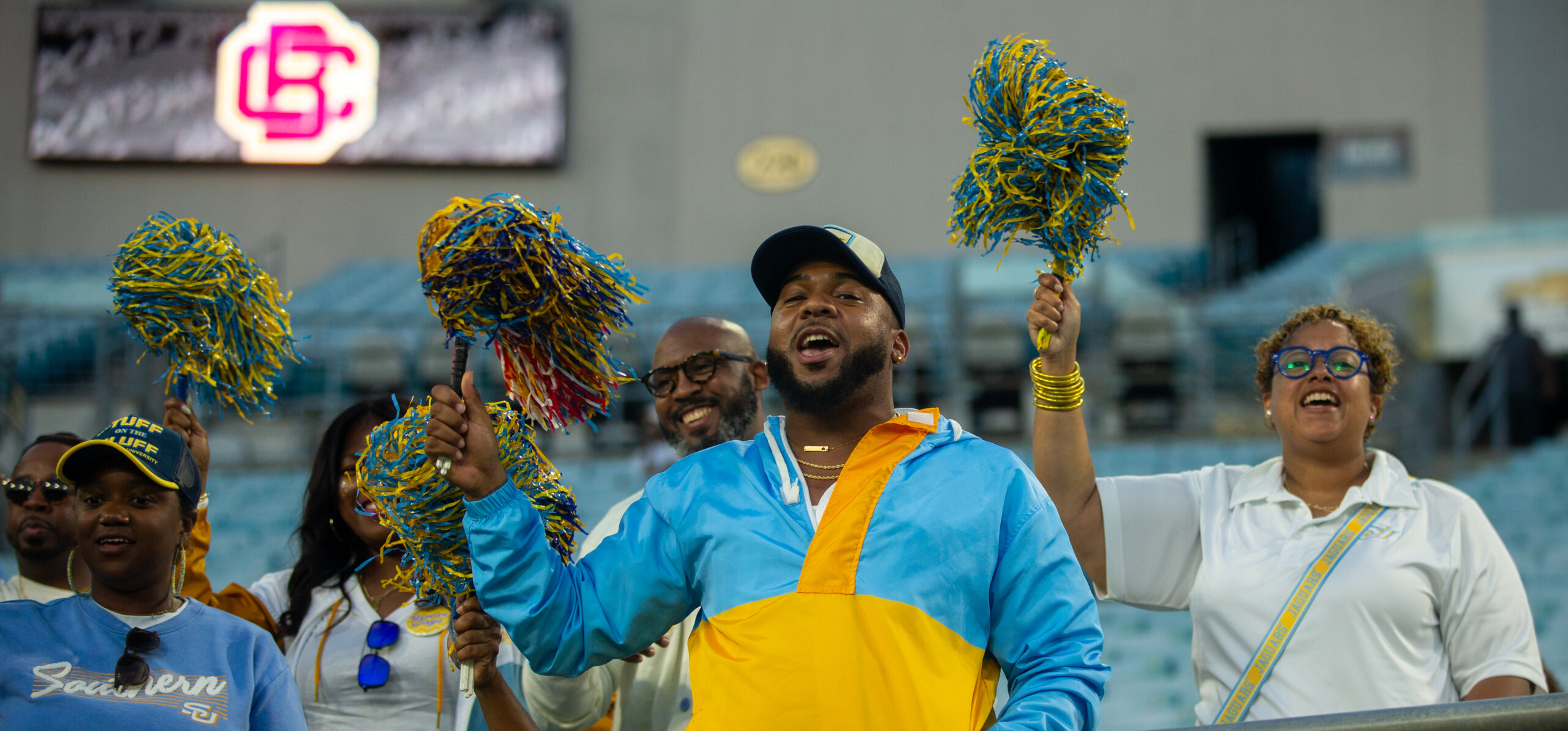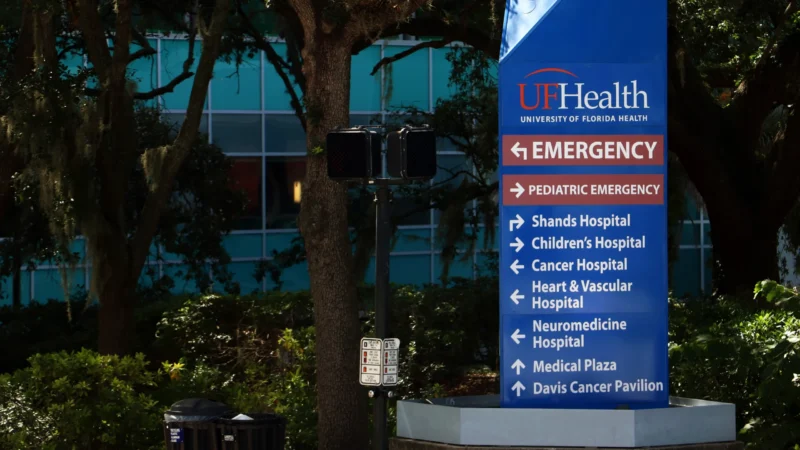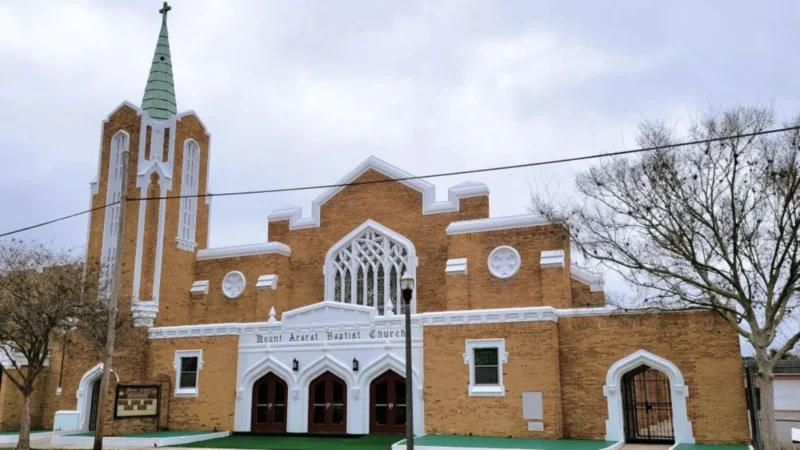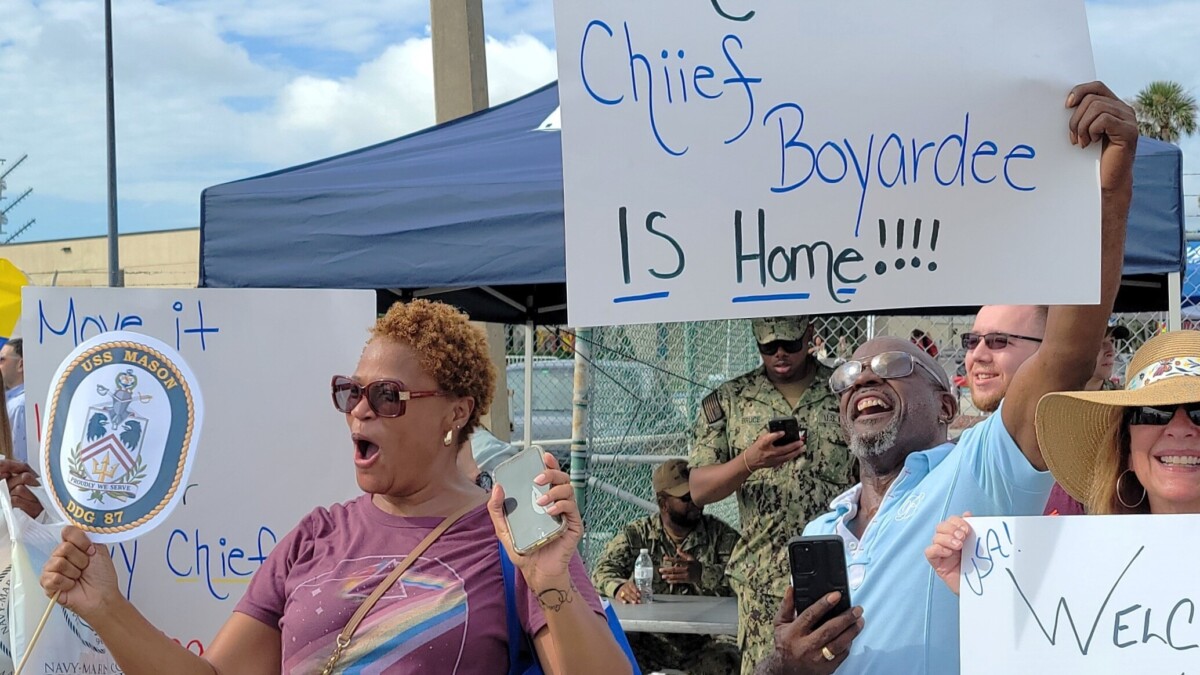The renovated EverBank Stadium may be a boon for Black college football.
When the City Council last week approved $775 million in public money toward overhauling the stadium, the deal with the Jaguars included a stipulation that Jacksonville would work to bring in an annual football game between historically Black college and university teams.
Council member Rahman Johnson — a graduate of both Edward Waters and Jackson State – introduced the HBCU football amendment to the legislation that passed nearly unanimously on June 25.
The Georgia-Florida football game has been played in Jacksonville’s stadium every year since 1933 with the two-year exception for the Gator Bowl’s renovation in 1994 and 1995. To Johnson, the success of Florida-Georgia showed that Jacksonville could host other regular season college football games.
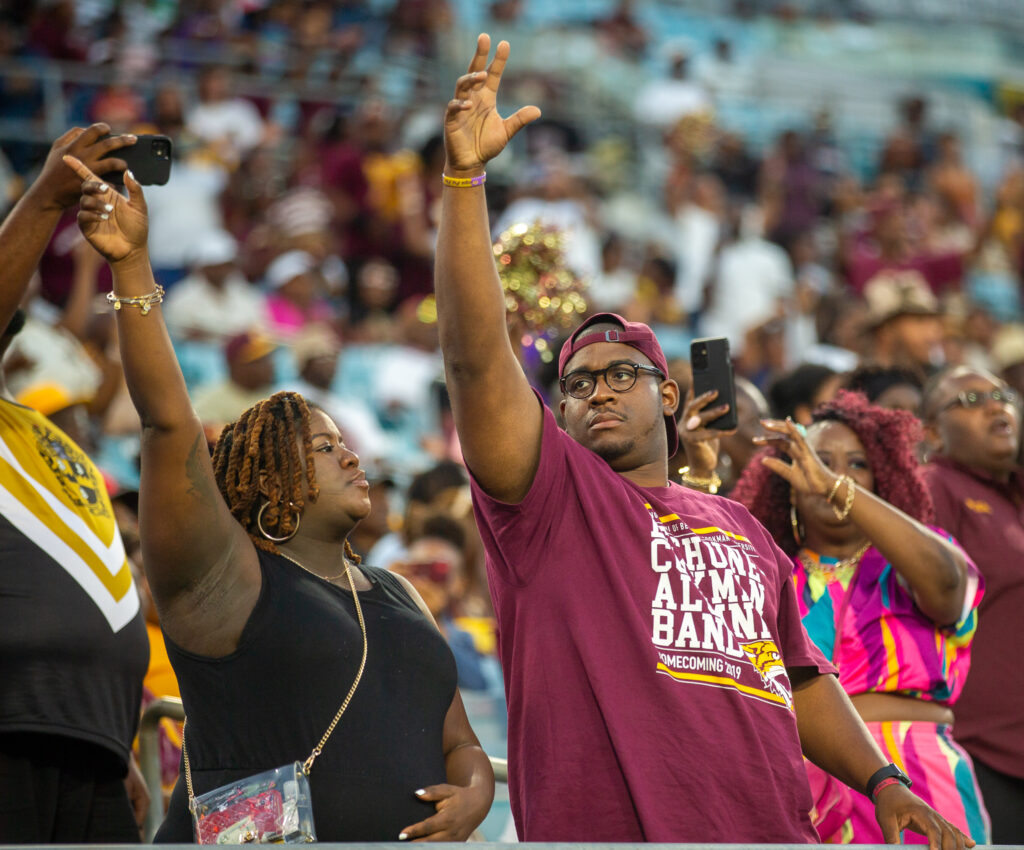
Bethune-Cookman University in Daytona Beach has played one home game in Jacksonville in each of the last two years, marking its 54th and 55th times playing in Jacksonville in its storied football program’s history.
The Wildcats will not return this fall, but their Athletic Director Reggie Theus said playing at EverBank Stadium was an awesome opportunity for the football program that he would consider again.
“The city of Jacksonville really opened its arms to wanting to do the game,” Theus tells Jacksonville Today. “…From a financial standpoint it was a win-win for us. We have a fairly large HBCU alumni base there. It’s not all Bethune-Cookman, but there are a lot of people in Jacksonville who like HBCU games. That was another real attraction.”
Bethune averaged 6,397 fans to Memorial Stadium last year but drew 10,186 for its 28-18 loss against Southern in Jacksonville. In 2022, the Wildcats drew 6,714 for games in Daytona and attracted 23,373 in an October 2022 loss to Jackson State.
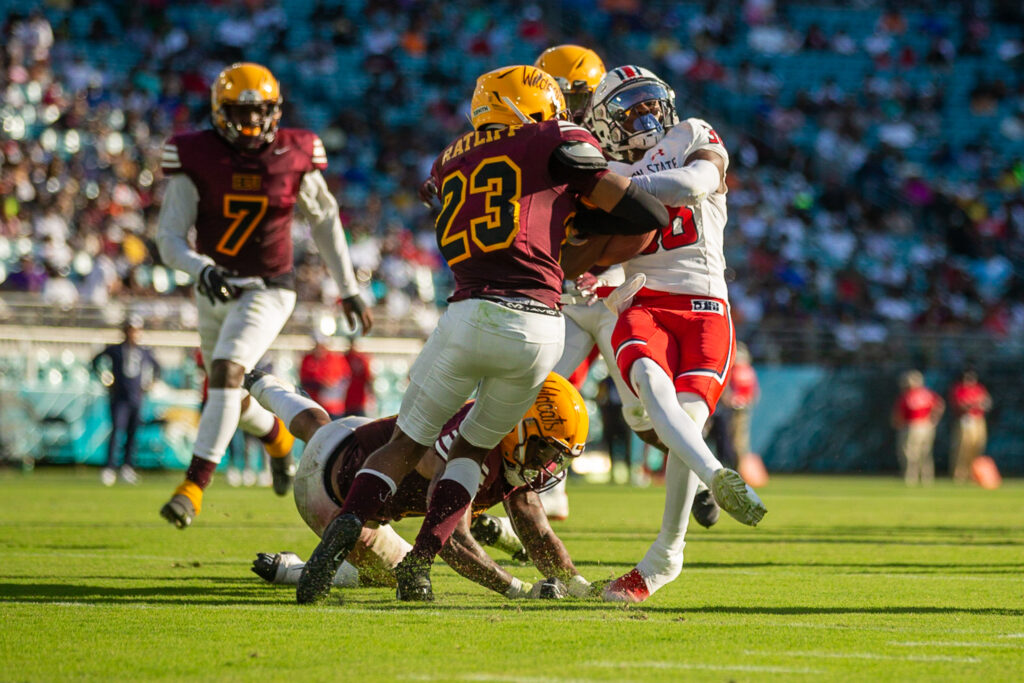
There is no guarantee that HBCUs will bring their passion, pageantry and marching bands to Jacksonville. Johnson’s amendment calls for the city to use “good faith efforts to explore the possibility of attracting a football game” by May 1 of each year.
Jaguars team President Mark Lamping said the team welcomed the stipulation.
Following the deal’s passage last week, Jaguars owner Shad Khan said non-NFL events at the renovated stadium “should be a huge contributor to the economy of Jacksonville.”
Beyond Bethune-Cookman, Jacksonville has a long history of hosting Black college football teams. In addition to being the home of Edward Waters University, the field that is now known as J.P. Small Park hosted the first Orange Blossom Classic between Florida A&M and Howard University in 1933.
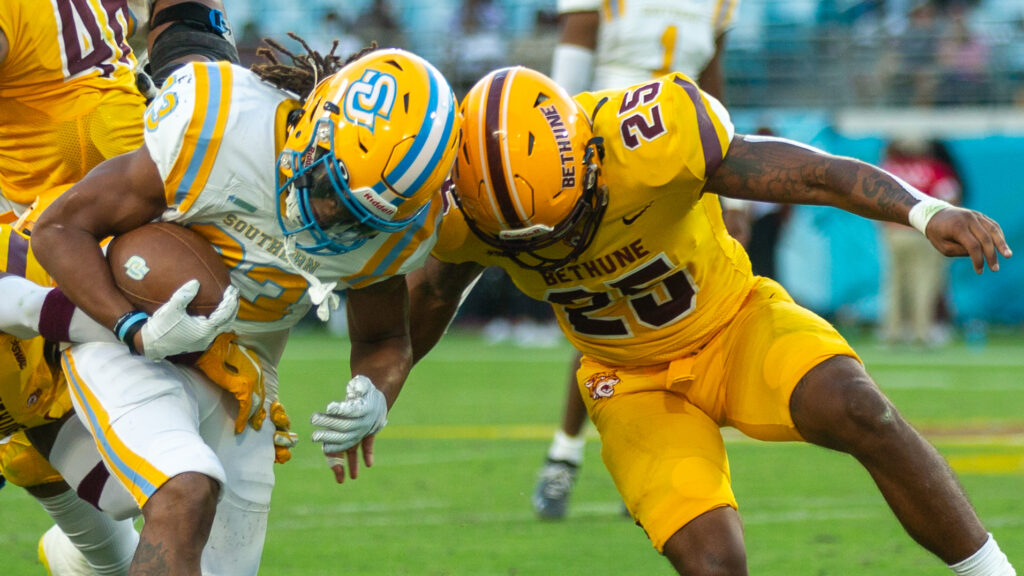
These days, Jacksonville has more competition when it comes to luring HBCUs.
The city of Miami Gardens helped revive the Orange Blossom Classic in 2021, and the fourth annual game will be played at Hard Rock Stadium, home of the Miami Dolphins, in September. The MEAC-SWAC Challenge returns to the home of the Atlanta Falcons, Mercedes-Benz Stadium, this year. And, in Nashville, Nissan Stadium will host the John Merritt Classic between Tennessee State and Mississippi Valley State.
When the Charlotte City Council last week approved $650 million in public funding to renovate its Bank of America Stadium, it also stipulated an “HBCU Classic” as one of the city’s usage days in the stadium as well as hosting a Black Sport Business Academy for HBCU students.
Charlotte drew more 35,798 people for the Duke’s Mayo Classic between North Carolina A&T and North Carolina Central in the 100th meeting between those schools.
Bethune-Cookman Athletic Director Theus says bringing HBCU football to town goes beyond the rivalry between the two teams.
“Exposing the (marching) band to a different place and getting a chance for the band and football team together and you have a Battle of the Bands, it becomes a whole different level of football,” he says. “I think it’s a smart move on a NFL city because it gives them a variety of things going on as well.”



